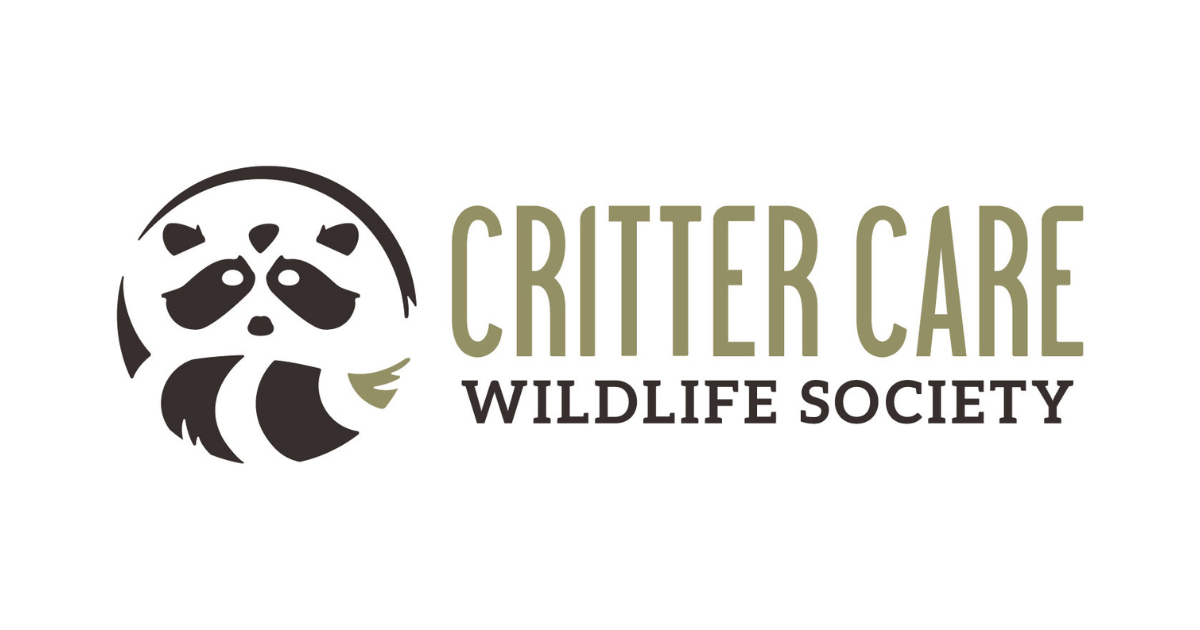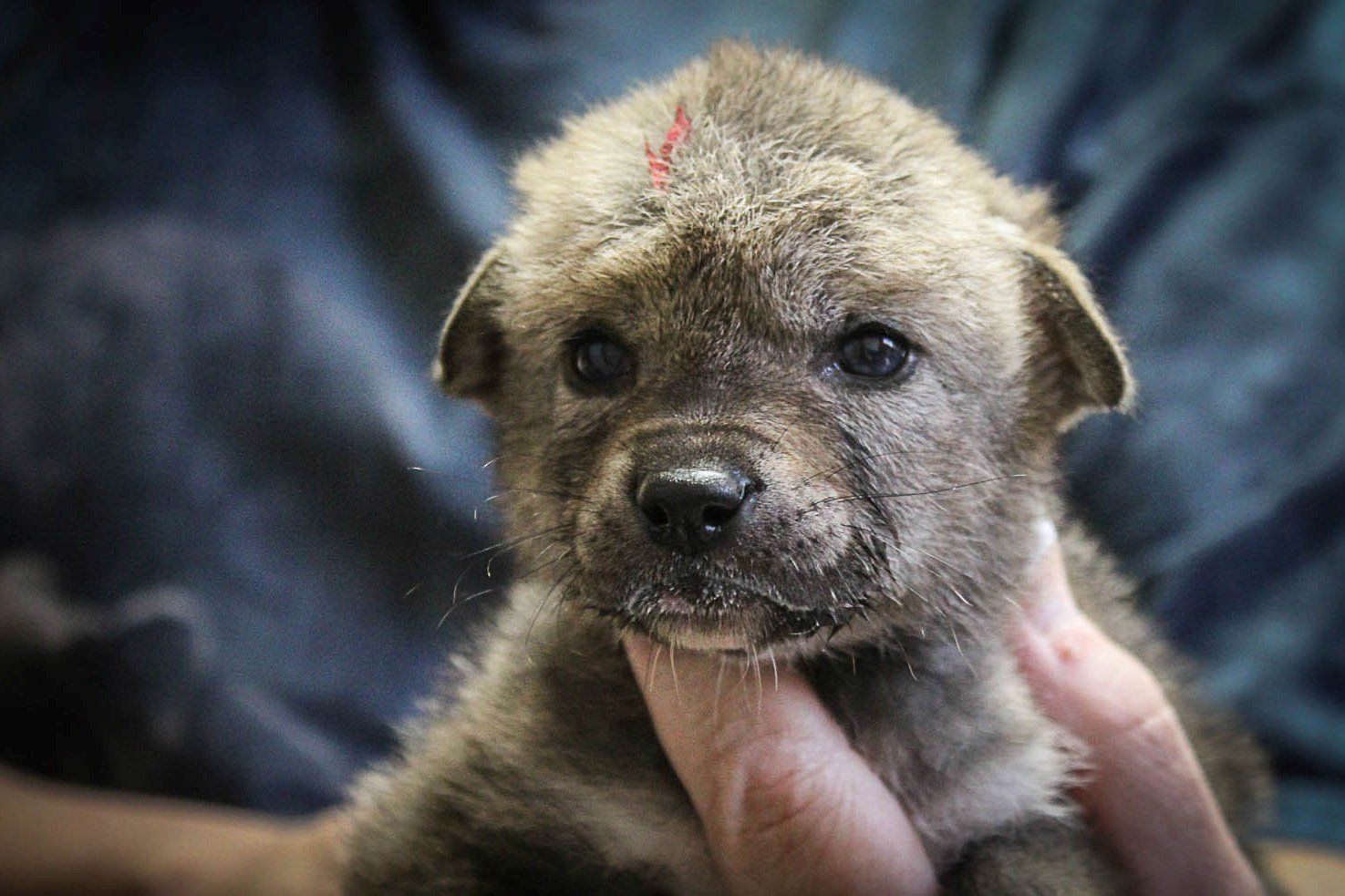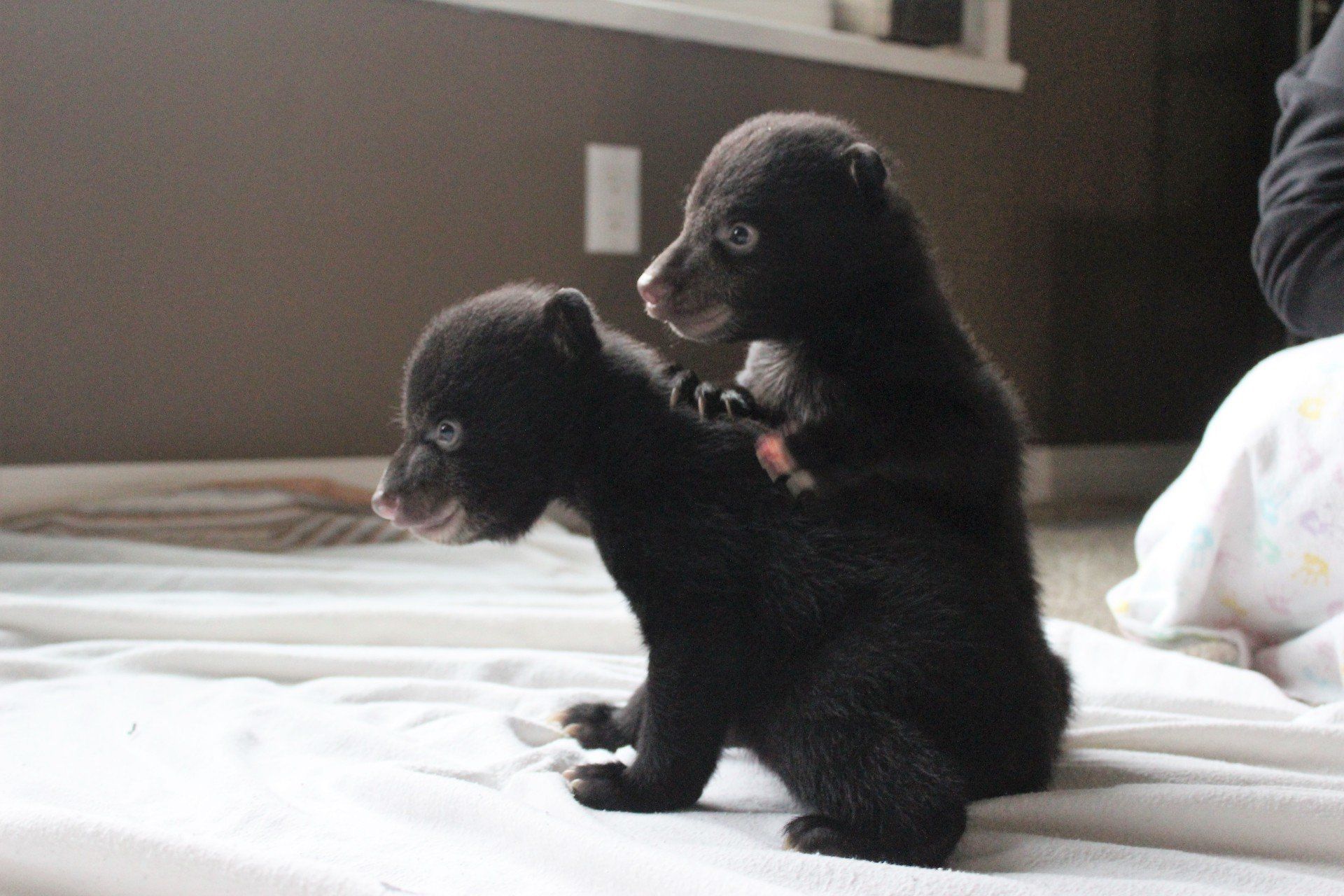What is here today can be gone tomorrow. Every life is a miracle, every life deserves a second chance.
- Gail Martin -
Frequently Asked Questions- Co-op Internship
- What is the difference between an Internship and Co-op Internship
Internship-Someone who lives on site full-time temporarily to provide around the clock care for animals.
Co-op Internship-Someone who dedicates 4 + days a week to assist with day to day tasks and animal care. You are not required to live on site
- What is the area like?
Critter Care, located in Langley, BC, Canada is surrounded by the Campbell Valley Regional Park and farmland. By car, it is about twenty minutes from the city centre and ten minutes from the Canadian/American border. Langley itself has restaurants, movie theatres, shopping malls, and grocery stores.
- What should I bring with me?
You should pack for Critter Care like you would for any trip. Bring toiletries and clothes for both warmer and colder weather (like jeans, shorts, t-shirts, sweatshirts, a rain jacket, and a good pair of runners or sneakers). Keep in mind that you will be getting pretty dirty.
- What kind of weather should I expect?
Expect all kinds of weather – though the one thing that you can count on is rain! It rains a lot in the Lower Mainland, especially in the spring and fall. In general, summer temperatures reach more than 25 °C (77 °F) and winter temperatures go lower than -5 °C (23 °F). Critter Care usually receives at least six inches of snow in the winter too
- How long is the program?
while we strongly encourage longer stays, the minimum comitment is 4 weeks at 4-5 days per week.
- Do I need any vaccinations against diseases?
It is advisable to have an up-to-date tetanus shot.
- Do I need any special qualifications?
You do not need to have any special qualifications per se, just a love of animals and a willingness to work really, really hard..
- How many interns are at Critter Care?
During the summer, Critter Care has around 20 to 26 interns. During the winter, there are usually 6 to 10 interns at a time.
- Will I need a car?
You do not need a car, but having one is definitely an asset. We are not near a bus route, please be aware you are responsible of your own transportation to and from us.
- Do interns socialize outside of work?
Interns are welcome to socialize outside of work. Getting along with each other makes work easier!
- What will my schedule be like?
You will be working four-five days a week . 9:30am - 6:30pm
- Does Critter Care provide interns with any food?
You are required to provide your own meals.
- What type of training will be provided and when?
Training for interns is provided “on-the-job”. You will learn how to feed, monitor, and clean up after the animals from staff members. Meetings will be held regularly with all of the interns to make sure that everyone is following procedures correctly and thoroughly
- Will I be able to work with a veterinarian?
There is no veterinarian onsite, however, you will likely be given an opportunity to accompany a staff member to the vet with an animal.
- Will I be involved with educational work?
School and senior groups are invited to Critter Care for educational presentations. You will likely be asked to attend, usually to show and talk about an animal. Let the staff know if you have a background in education and wish to be further involved in these presentations.
- Will I be involved with releases?
If you are present when releases are taking place, then you will probably have a chance to go along with a staff member.
- Will I get to participate in enrichment?
You are welcome to help enrich the lives of the animals in your care – to stimulate their behaviour and development in a positive way.
Find Out More
-
Give Today
Give TodaySponsor and orpaned animal or project
-
Take Action
Take ActionFind out how you can help
-
About Us
About UsFind out who we are



